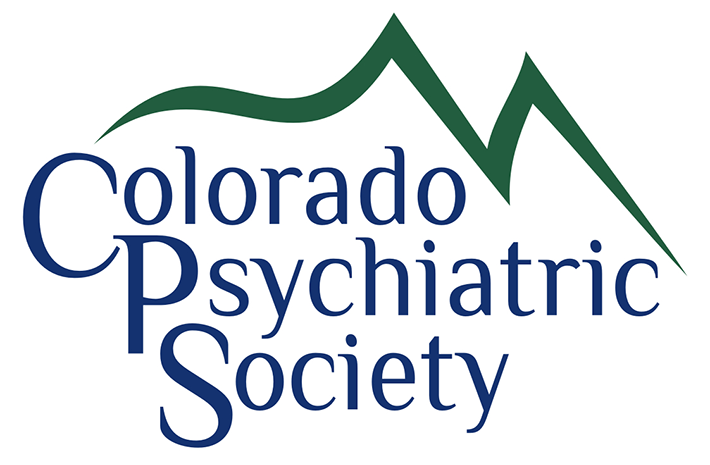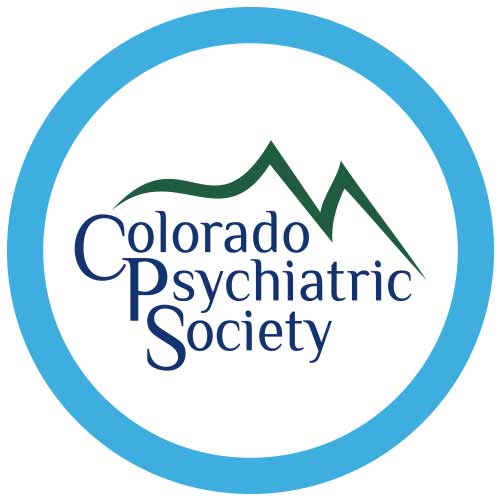|
This information and more can be found on the APA's Healthy Minds website. A psychiatrist is a medical physician who specializes in the diagnosis, treatment, and prevention of mental illnesses, including substance abuse and addiction. Psychiatrists are uniquely qualified to assess both the mental and physical aspects of psychological disturbance. Their medical education has given them a full working knowledge of the many causes for a patient’s feelings and symptoms. Armed with this understanding, psychiatrists can make a complete, accurate diagnosis and then recommend or provide treatment. Where Do I Start?You can begin with your own physician. Tell your doctor what you are feeling. If, after a thorough physical examination to check whether any other medical illnesses may be contributing to your symptoms, the doctor recommends psychiatric treatment, ask for the names of two or three psychiatrists. Your local medical or psychiatric society, community mental health center, and medical school are also good sources for referrals to psychiatrists. Of course, you might also seek the advice of family, friends, colleagues, or members of your church. What Treatments Do Psychiatrists Use?Today psychiatrists can select from many effective treatments and will work with you to create an effective program. Psychotherapy is a systematic method of treatment in which you and the psychiatrist meet at regularly scheduled intervals to discuss troubling problems and feelings. Because psychiatrists are medical doctors, they can also determine whether there is a need for medication to help restore imbalances in body chemistry that are often a large part of mental illnesses. The Initial VisitWhen you visit the psychiatrist, the doctor will ask questions about your background, family, habits, and general health and will ask why you think you need treatment. When you’ve found a psychiatrist with whom you are comfortable, you’ve finished the first part of the treatment process. The second part—working together with your psychiatrist to understand and manage your illness—is about to begin. |


